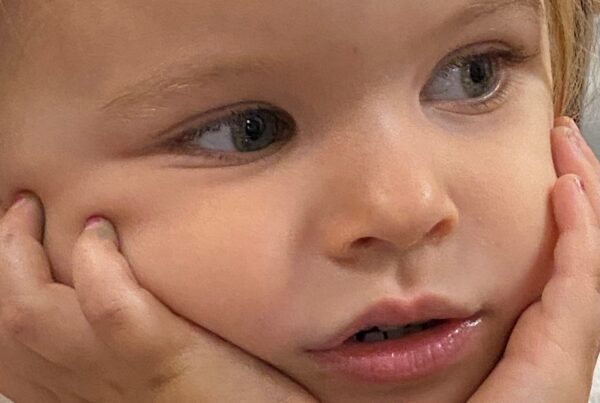How would you describe musically induced ecstasy? There isn’t really the right word in the English language. In Arabic, however, the sensation is called tarab. And in Creole, the word for such a state of euphoric confusion or dizzy/dazed happiness is bazodee.
For all the complexity and constant additions to our lexicography, there are a myriad of words in other languages that succinctly express the meanings of things and thoughts not defined in English language dictionaries.
Fortunately, there is an abridged path across this cultural divide. The Positive Lexicography Project is a glossary of happiness published online by Tim Lomas, a senior lecturer in positive psychology at the University of East London.
The lexicon features nearly 1,000 entries from more than 60 languages — each with no real equivalent or counterparts in English. The common theme of the words and expressions is positivity and happiness.
Lomas, like his modern linguist peers, does not subscribe to the notion of “linguistic determinism,” which suggests a culture lacking a term for a certain emotion — like a special type of love or joy or beauty — cannot experience it. Rather, he believes a culture’s emotional vocabulary provides a window into how people see and value the world around them.
For example, consider how much better Americans might feel by appropriating (after first learning to pronounce) the “foreign” terms for some of the positive emotions which we find difficult to convey.
- balikwas — the Tagalog word for suddenly jumping to one’s feet due to surprise
- binnenpretje — Dutch for inside joke, amusement that is secret or enjoyed by you alone
- kekau — Indonesian for walking up suddenly from sleep and regaining consciousness and returning to reality after a nightmare
- li — Chinese for law, order, rational principle, often used with organic order found in nature
- petta reddast — Icelandic for everything will work out ok, especially when things don’t look optimistic
- utipels (Norwegian) — a beer that is enjoyed outside, particularly on the first hot day of the year
Idealistically speaking, befriending immigrants and/or traveling abroad will help Americans gradually learn to embrace other cultures’ clearer and more positive communication.
For now, though, it seems our collective discontent is inarticulately defined by uncivil invective and thoughtless discourse. This is a time when we seem to selfishly derive pleasure from others’ misfortune — a sentiment which, ironically, we commonly reference by the German word, schadenfreude.







Petta reddast is my favorite. I guess I am an optimist.